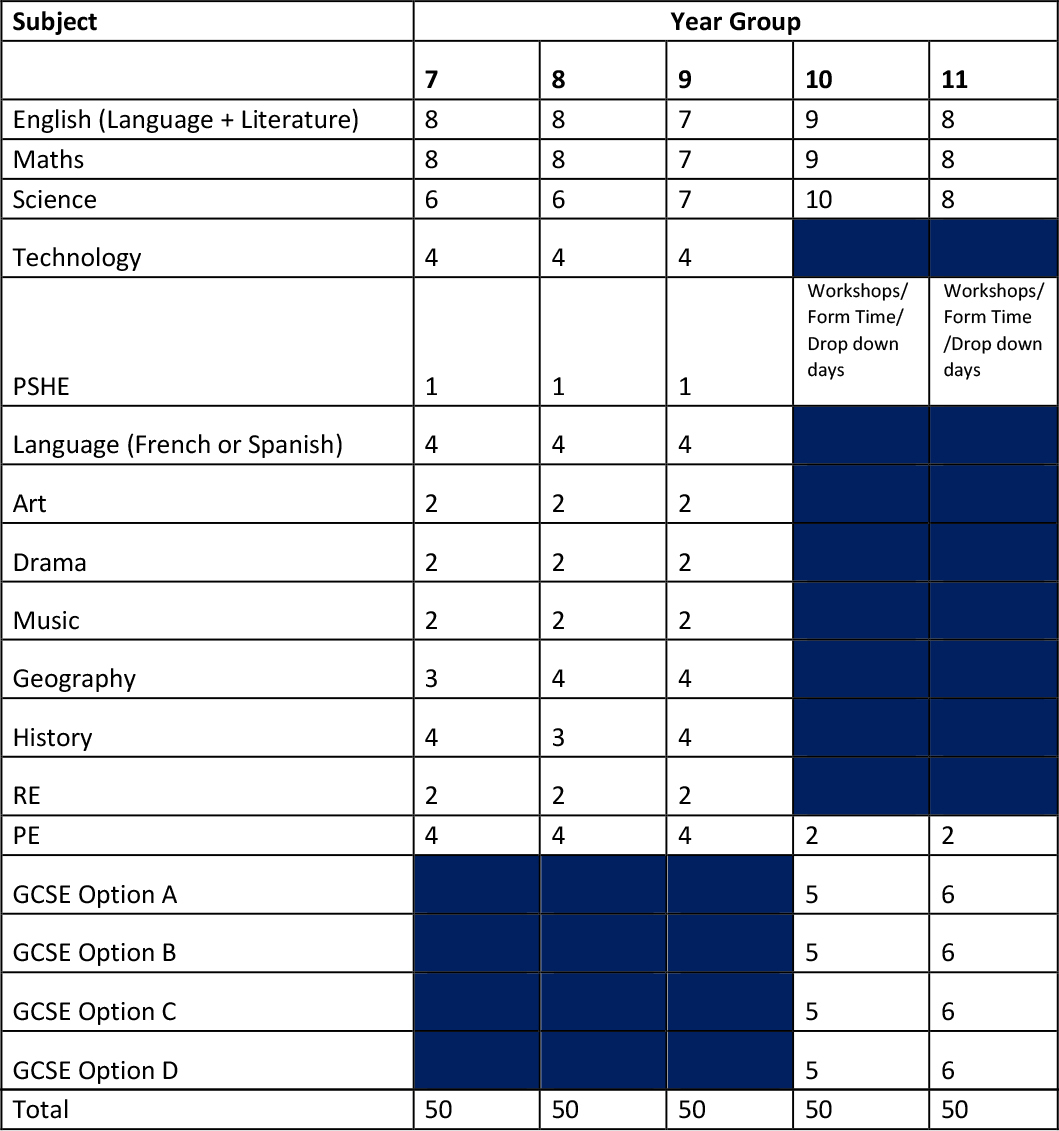- Home
- Curriculum
- Drapers’ Academy Curriculum Strategy
Drapers’ Academy Curriculum Strategy
MAT Vision
Drapers’ Multi-Academy Trust is committed to continued improvement in the quality of education it provides; increasing collaboration between schools currently within the Trust as well as any new schools that may join in the future; growth in high-quality and efficient shared services; and a significant increase in the number of learners it supports.
Curriculum Approach
At Drapers’ Academy, we relentlessly support and challenge our pupils to achieve the very best that they can; providing them with opportunities to develop their interests and capabilities in a wide range of areas, to ensure they can become well rounded people and global citizens. Our curriculum is designed around our 3 core values of respect, kindness and purpose. Our curriculum celebrates diversity, promotes tolerance and inclusivity, and assists pupils in achieving their full potential so that they can lead full enriching lives.
The school’s curriculum not only covers the breadth of the National Curriculum, but goes beyond this, enriching pupils’ learning experiences. Subject leaders have thought hard about what will be taught, when it will be taught, and how. Where appropriate, and in very limited circumstances with clear rationale, some pupils are temporarily supported to work on aspects of their character, knowledge and/or skills in smaller group settings, with a view to being reintegrated back to studying the full curriculum. This is not detrimental to their curriculum but enriches it, allowing for greater access and success. We believe if we do this effectively, we will minimise gaps in understanding, leading to improved progress and attainment for all of our pupils.
Drapers’ Academy Aims
The Drapers’ Academy curriculum will:
-
Provide access for all pupils to a broad, balanced, diverse and knowledge-rich curriculum, with tailored support for individuals.
-
Promote the importance of good numeracy and literacy, as well as the EBAcc at KS4, including the benefits of an education encompassing the Humanities and Languages.
-
Encourage the pursuit of creative and practical subjects, in which our pupils have notable success.
-
Provide a curriculum that promotes pupils’ Personal, Social and Health education, as well as British Values and Careers through a mixture of form-time activities, guest speakers, workshops and trips/visits.
-
Ensure pupils understand the purpose of their learning, and can articulate this.
-
Provide an ambitious academic education for pupils that results in a full suite of GCSEs or equivalent qualifications, whilst providing meaningful support and alternatives for those where this may not be appropriate so that all pupils have a range of worthwhile pathways post 16.
Curriculum Structure
In Year 7, all pupils are taught in mixed attainment sets. EEF research has shown that disadvantaged pupils are more likely to be placed in lower attainment sets, thus widening the disadvantage gap. As such, pupils are only placed in to sets in Year 8 and 9 for Maths and Science.
We operate a two week timetable with 5 one hour lessons per day. This provides us with the flexibility required to ensure our pupils study a truly broad range of subjects at KS3. All pupils will study art, drama, music and all disciplines within Design Technology, along with the core subjects, throughout their three year KS3, before choosing and commencing their KS4 options in year 10.
In line with our MAT vision of providing a truly aspiration education for the children of Harold Hill, we have a purely academic Sixth Form consisting only of A-Level qualifications.
Curriculum Model
- Key Stage 3 (KS3) is Year 7 - 9, Key Stage 4 (KS4) is Year 10 and 11
- Numbers represent hours studied per fortnight

KS4 Subjects
We offer a range of option subjects at KS4, in addition to compulsory subjects: Maths, English Language, English Literature, Combined Science and core PE.
We aspire for a majority of our pupils to study the EBAcc suite of subjects. We therefore have large numbers studying these; something that has considerably grown over the past 5 years. These subjects include: History, Geography, German (1 more year), French and Spanish.
All pupils are able to pick free ‘option’ subjects, and our offer is broad. Subjects include (GCSE unless stated otherwise): Art, Business Studies, Relegious Studies, Drama, Graphics, Textiles, Resistant Materials, Dance, Triple Science, Economics, PE, Catering (Level 1 and 2), Information Technologies (Level 1 and 2), Music (RSL Level 1 and 2), Health and Fitness (Level1/2), Child Development (Level1 and 2), Princes Trust Achieve Programme and, in some specific circumstances, AQA Unit awards or similar.
KS5 Curriculum Model
There are 4 strands to the Key Stage 5 curriculum:
-
A level choices: A choice of 3 or 4 A Levels from a choice of 18. Each subject receives 5 hours of curriculum teaching each week. Additionally all students have the option to develop their own independent projects in an EPQ.
-
The Futures Programme: This runs alongside the student's subjects and prepares them for life after their A Levels. The students have the opportunity to hear from speakers from a wide range of career backgrounds. There are also a number of visits to employers and universities to support the students to make informed choices about next steps. Students can also apply to the ‘Icanyoucantoo’ programme to support their personal and CV development.
-
Undergraduate Prep: All students complete sessions on study skills, MOOC’s, PSHE, SRE, Citizenship and British Values. These sessions are delivered in drop down lessons and in tutor time.
-
Co-curricular: We want out students to become well-rounded individuals that have wider aspirations and are community spirited. They are encouraged to develop a range of activities such as supporting the lower schools as reading buddies, participating in the Silver and Gold Duke of Edinburgh award and running the school newspaper.
A Level options include: Art, Biology, Business Studies, Chemistry, Drama, Economics, English Literature, French Geography, Government and Politics, History, Law, Maths, Philosophy and Ethics, Physics, Psychology, Product Design and Sociology.



